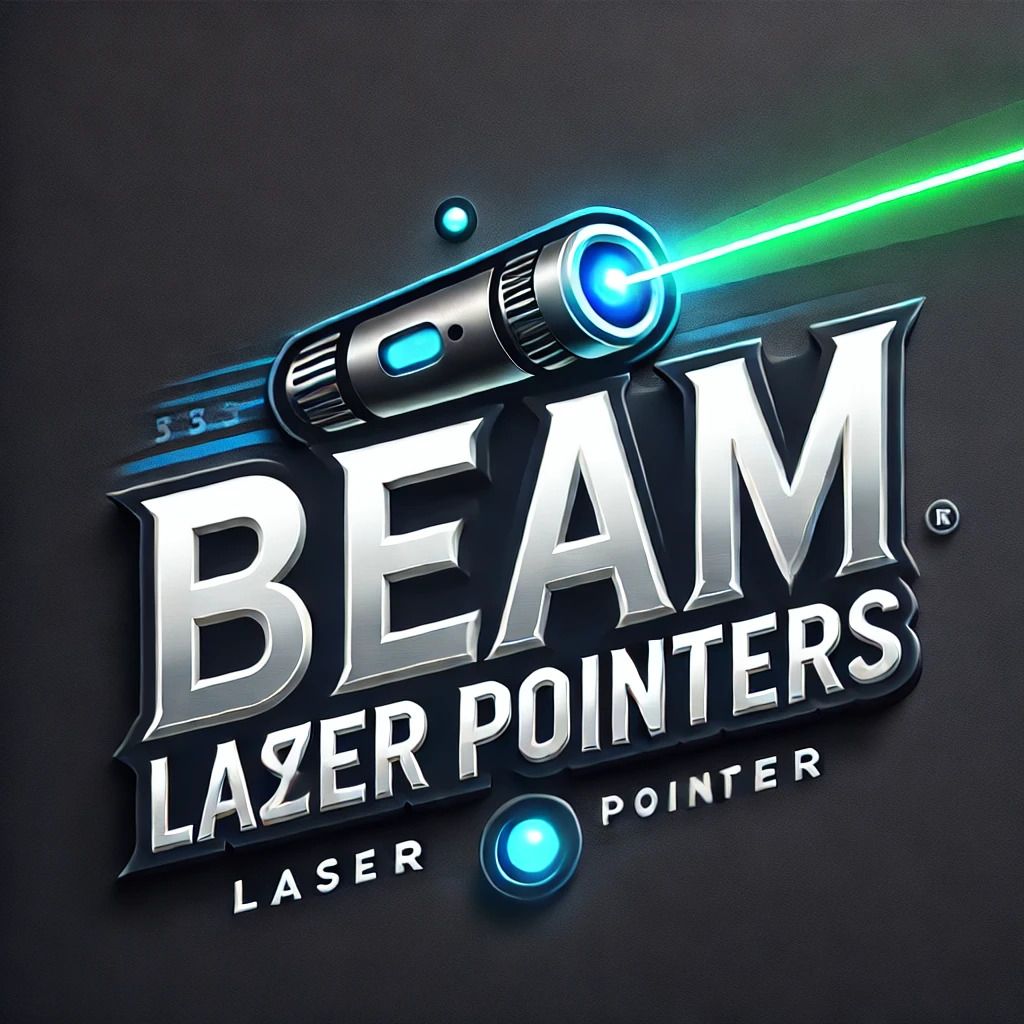
The Rise of Smart Laser Pointers
Key takeaways
- Smart laser pointers integrate modern technology for enhanced functionality.
- They are suitable for various professional settings, including education and business presentations.
- User-friendly features like Bluetooth connectivity and app compatibility are becoming standard.
- The demand for these devices is growing, driven by technological advancements.
- Eco-friendly designs are gaining popularity among consumers.
In today's fast-paced world, technological advancements are transforming how we approach even the simplest tasks. Laser pointers have long been a staple in the realms of presentations, education, and outdoor activities. However, the introduction of smart laser pointers marks a significant evolution in this space. Combining traditional functionality with modern technology, these devices are rapidly gaining popularity among professionals, educators, and enthusiasts alike. In this article, we'll explore the rise of smart laser pointers and what this trend means for users in various sectors.
What Are Smart Laser Pointers?
Smart laser pointers are advanced versions of the conventional laser pointer. These devices come with integrated technology that enhances usability and functionality. Key features often include:
- Bluetooth connectivity for seamless control and synchronization with smart devices
- App compatibility, allowing users to customize settings and access additional features
- Adjustable focus for versatile application in different settings
- Rechargeable batteries, promoting sustainability
- Longer operational ranges for improved performance
Trends Driving the Popularity of Smart Laser Pointers
1. Technological Integration
As technology evolves, so do the expectations users have of their devices. Smart laser pointers leverage innovations such as:
- Touch and gesture control for ease of use
- Smart features for presentations, like slide navigation
- Integration with virtual conferencing tools
2. Eco-Friendly Design
With increasing awareness of environmental issues, many consumers are gravitating toward products that demonstrate sustainability. Smart laser pointers often boast:
- Long-lasting rechargeable batteries
- Manufactured from recycled materials
- Energy-efficient design, minimizing wastage
Comparison with Traditional Laser Pointers
| Feature | Smart Laser Pointers | Traditional Laser Pointers |
|---|---|---|
| Connectivity | Bluetooth enabled | No connectivity |
| Battery | Rechargeable | Disposable |
| Focus Adjustment | Yes | No |
| App Integration | Available | Not available |
| Presentation Features | Slide control, timers | Basic pointing function |
Key Benefits of Smart Laser Pointers
The shift to smart laser pointers offers numerous benefits:
- Enhanced presentation capabilities, making meetings more effective
- Increased engagement through interactive features
- Greater convenience through connectivity with devices
- Improved control and precision for educators and trainers
The Future of Smart Laser Pointers
As the demand for smart laser pointers continues to grow, manufacturers are likely to innovate further. Anticipated advancements may include:
- Improved battery life and charging technologies
- Additional functionalities such as augmented reality integration
- More specialized designs catering to niche user groups
Conclusion
The rise of smart laser pointers represents an exciting evolution in presentation and communication technology. By integrating advanced features with user-friendly designs, these devices stand to enhance the experience of users across various sectors. As trends toward sustainability and technological innovation shape the market, it's essential to stay informed about what options are available. For those looking to dive deeper into specific applications, we encourage you to explore our buying guides and learn more about presentation lasers and their advantages.
Pros
- Enhanced functionality compared to traditional options
- Eco-friendly designs targeting green customers
- User-friendly with app integration
- Versatile for varied applications
Cons
- Potentially higher cost compared to traditional laser pointers
- Requires charging and maintenance
- May have a learning curve for some users



